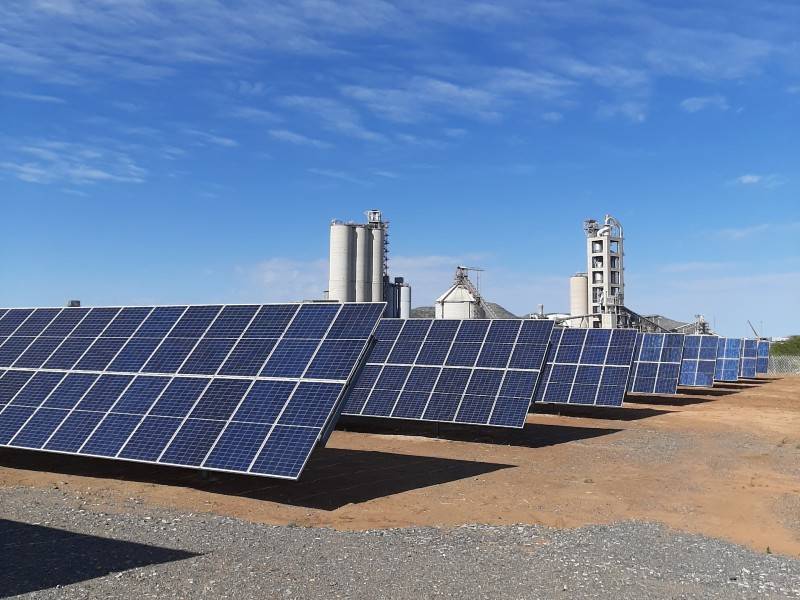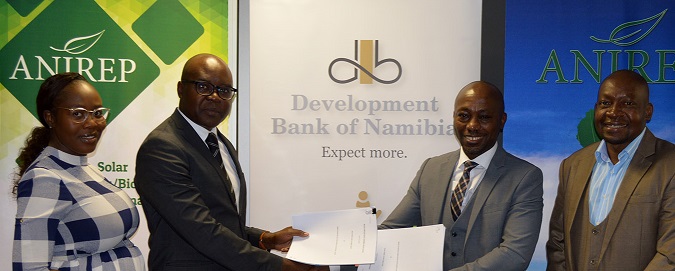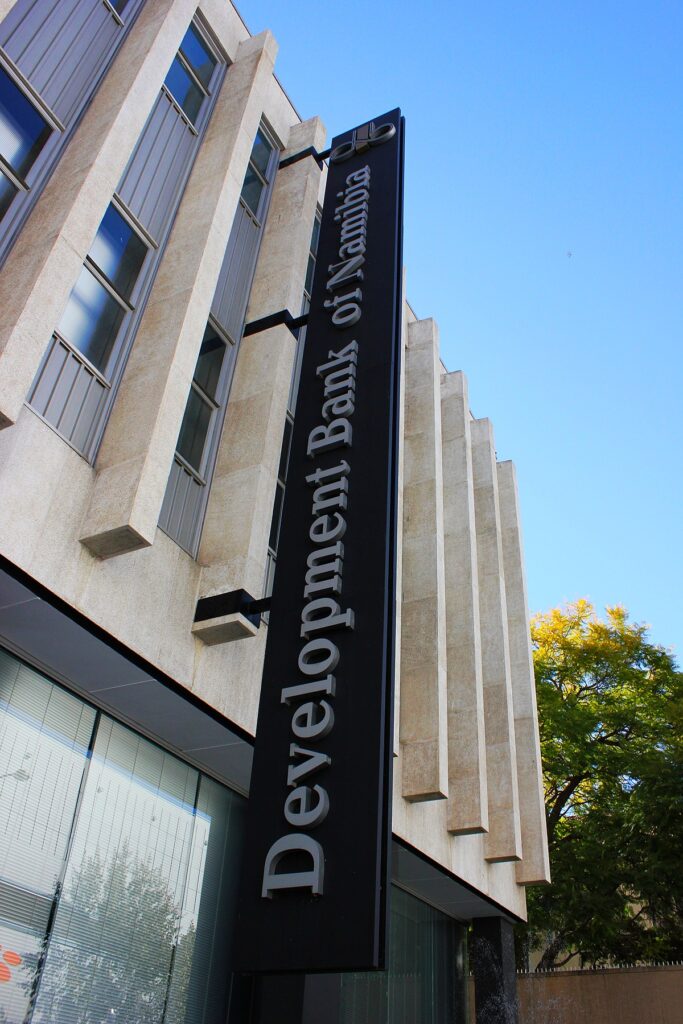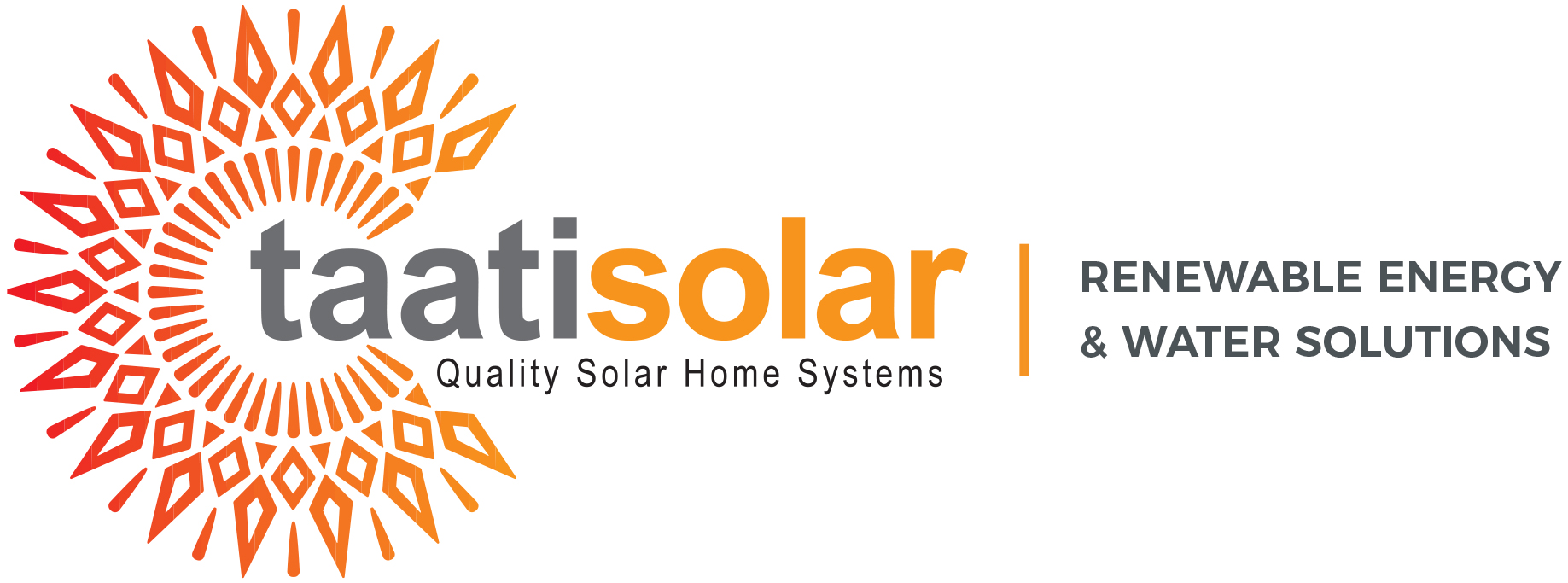Anirep Aussenkjer Solar One, a young energy firm, will feed 20 MW from this plant into NamPower’s grid at the Kahn substation.

Anirep Solar and Aussenkjer Energy Investments, two local partner companies, jointly own the startup company that received a 25-year contract to provide electricity for NamPower.
The Namibian Stock Exchange lists Anirep.
HopSol Africa will construct the solar farm, which will be 40 kilometres from Usakos. A large portion of Hopsol is owned by Anirep.
According to DBN’s head of marketing Jerome Mutumba, Namibia will depend less on imports if electricity is produced locally.
According to him, local generation is highly unpredictable when looked at over the short, medium, and long terms because Namibia’s largest power-generating plant, Ruacana Hydroelectric Power Station, depends on the Kunene River, whose levels change.
He cited a reduction of 87,5% in power output from the Ruacana Hydroelectric Power Station in July 2021 as an example of how the Kunene River’s levels had an impact.
According to Mutumba, this drop highlights the necessity for steady generating sources, such as solar, in addition to the development of local power generation.
Since NamPower and regional distributors must modify their costs as a result of swings in generation, this has an effect on Namibia’s deficit as well as the medium- to long-term expenses of industry.

He asserted that Namibia might attract more investors looking for chances in the country’s industrialization drive by stabilizing power generation.
Regarding independently owned solar energy facilities, Mutumba claimed that they are in a prime position to advance economic inclusion.
A small solar power plant could currently be financed over a ten-year period. This leaves an enterprise resource that can be maintained, increased, or diversified after a 20 to 25 year off-take agreement and a steady purchasing regime for an additional 10 to 15 years.
According to Mutumba, solar energy has numerous advantages. He asked all interested parties to contact the bank to discuss potential future projects and business models.

